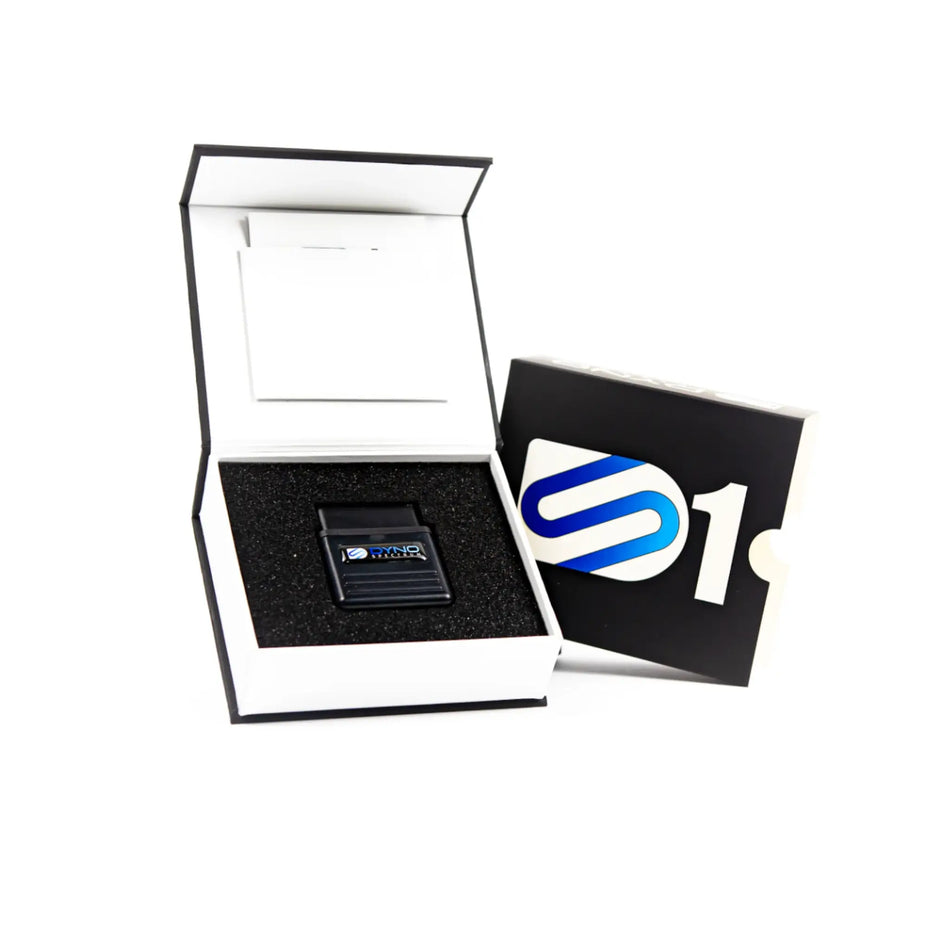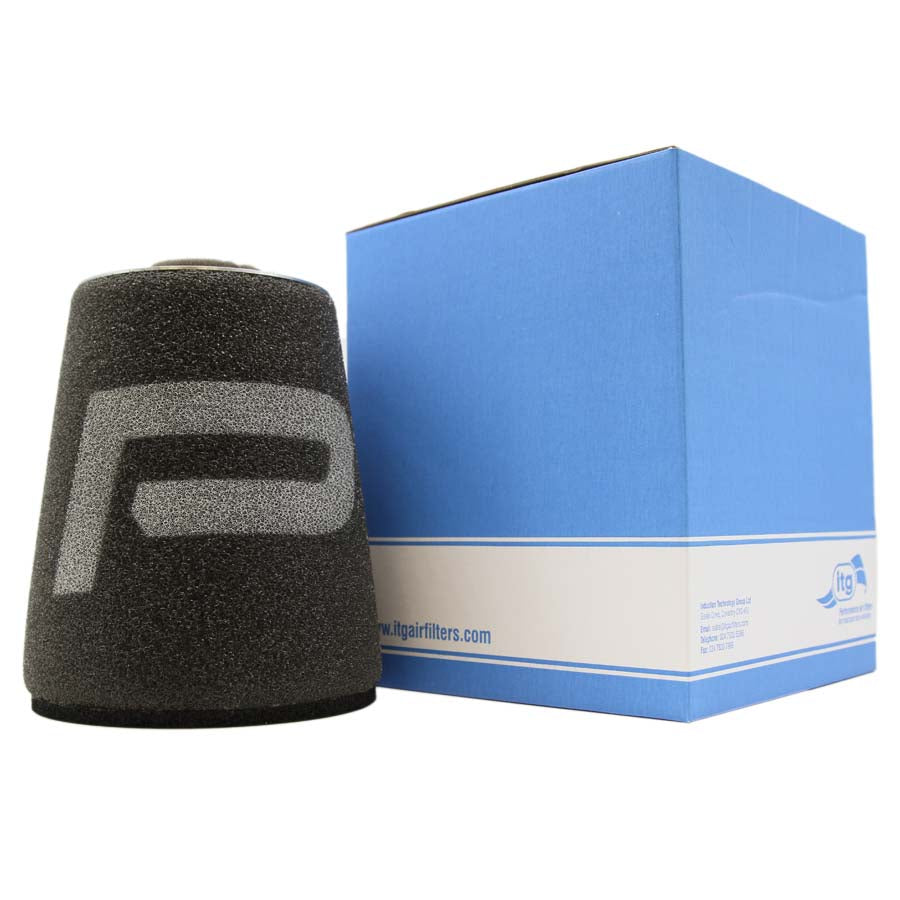The C7 Audi platform has been one of our all-time favourite street cars. Since our purchase in 2015, our Audi RS 7 has been a cornerstone of our development and showcase efforts at PERON. It has been run on our in-house dyno and reflashed hundreds of times, allowing us to refine and perfect our tuning and hardware solutions while living and breathing the platform. This vehicle, still running exceptionally well as a daily driver, was initially acquired to demonstrate the capabilities of PERON and our engineering partners. Through this journey, we have mastered the intricacies of the 4.0 L engine, making it a true testament to our commitment to excellence in automotive engineering, with every upgrade and solution being completely optimised for maximum confidence and performance.
Case Study | Audi RS7 (C7)
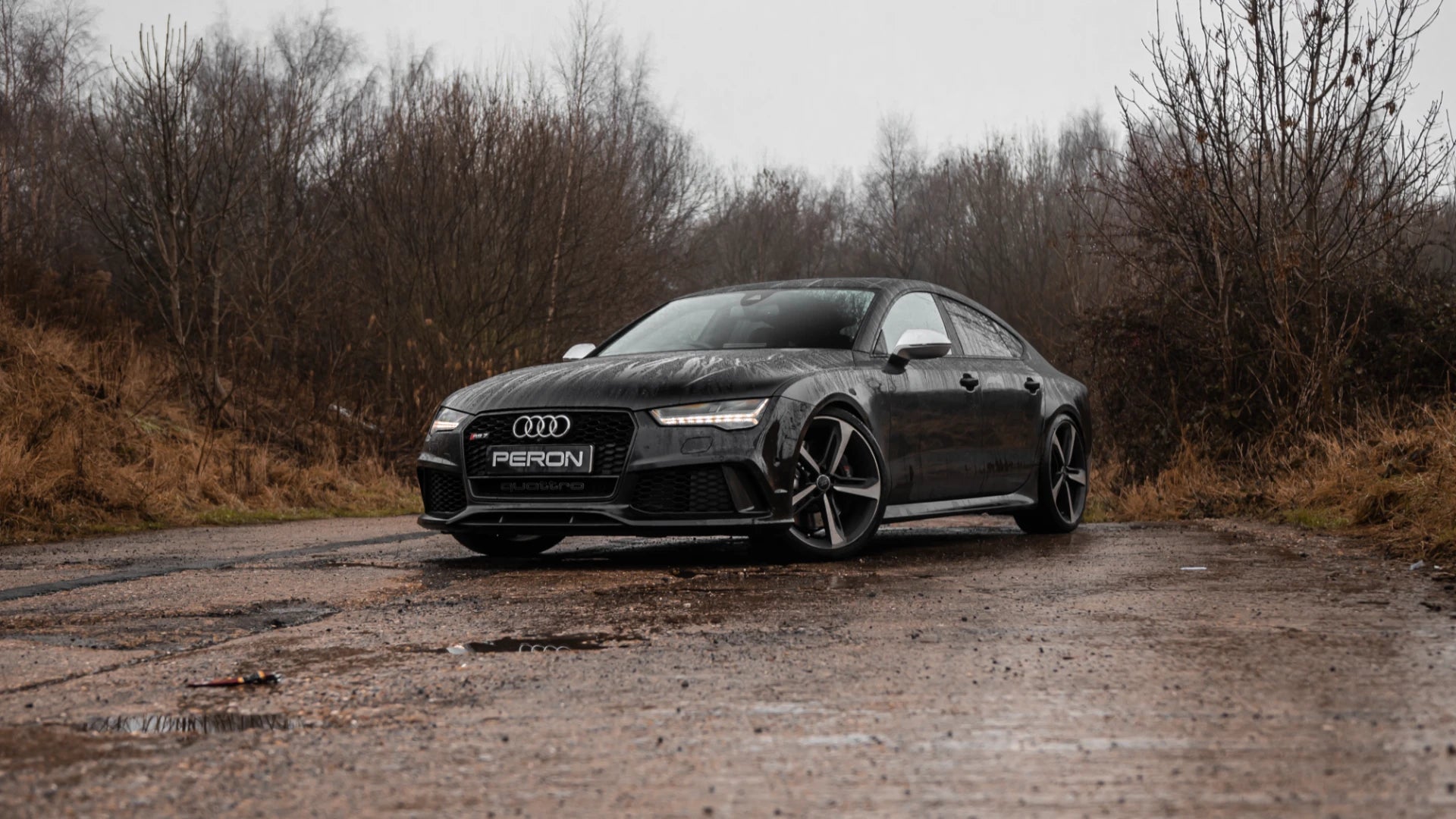
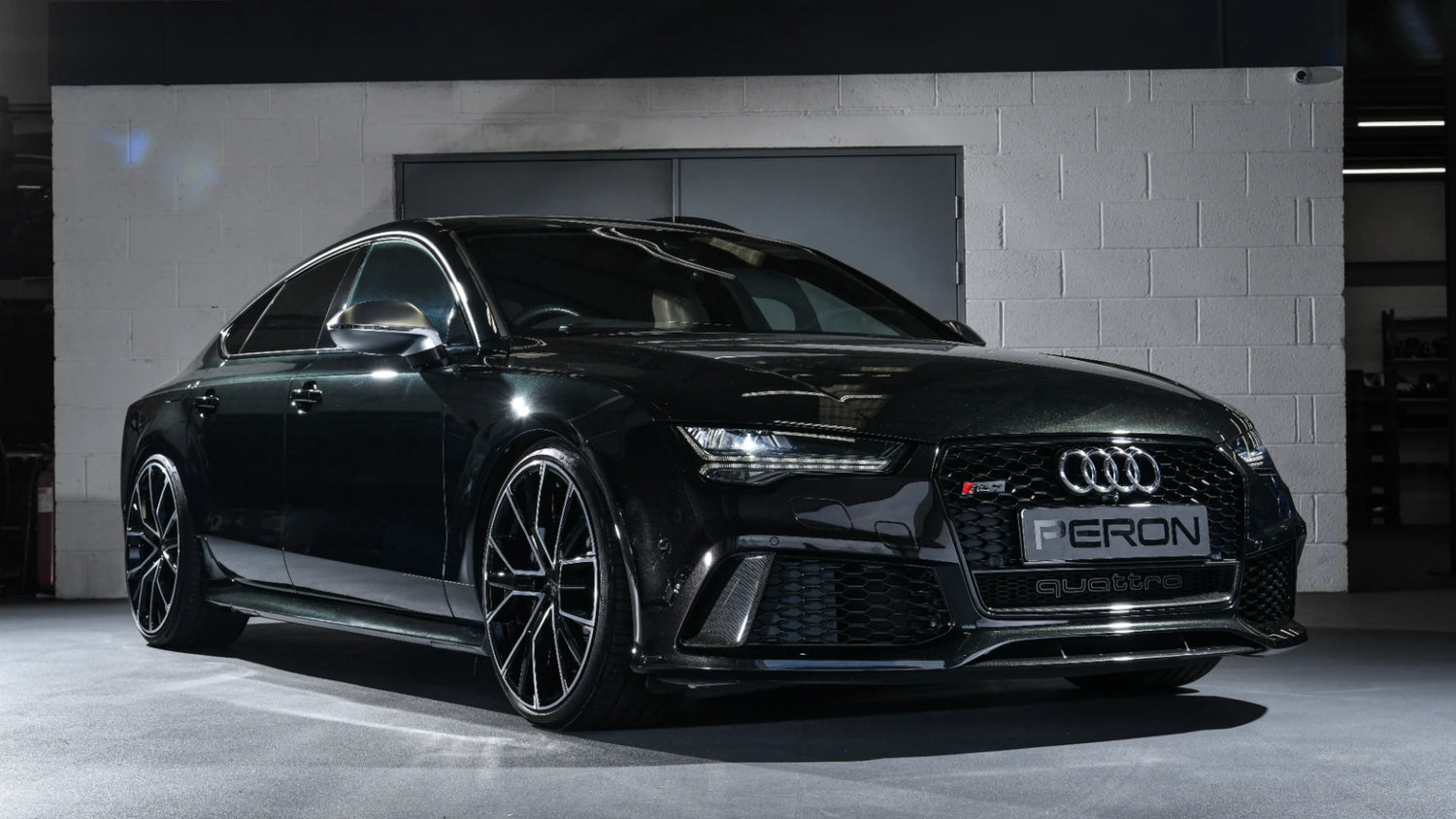
The Brief
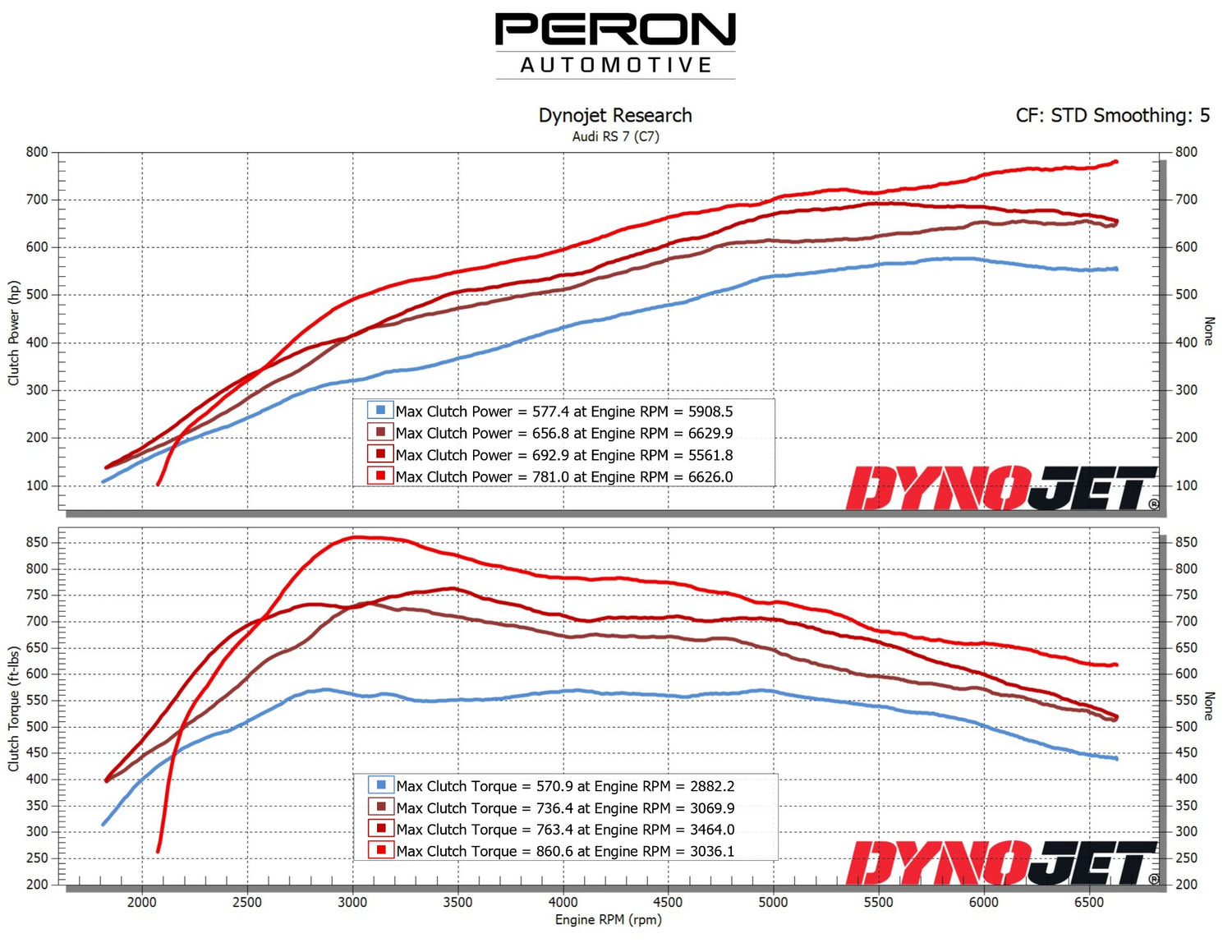
Our Results
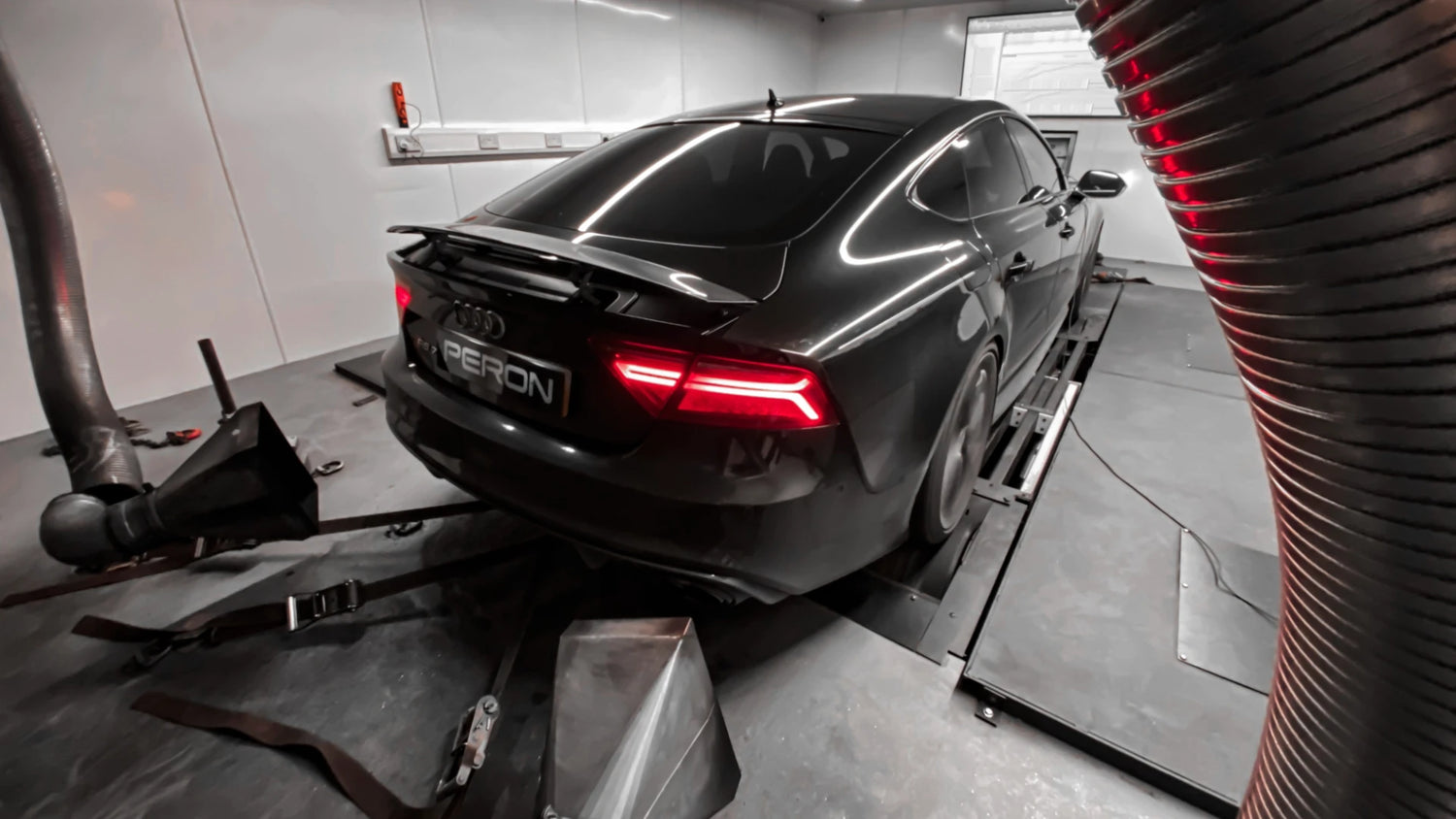
Establish Baseline and Identify Areas for Improvement
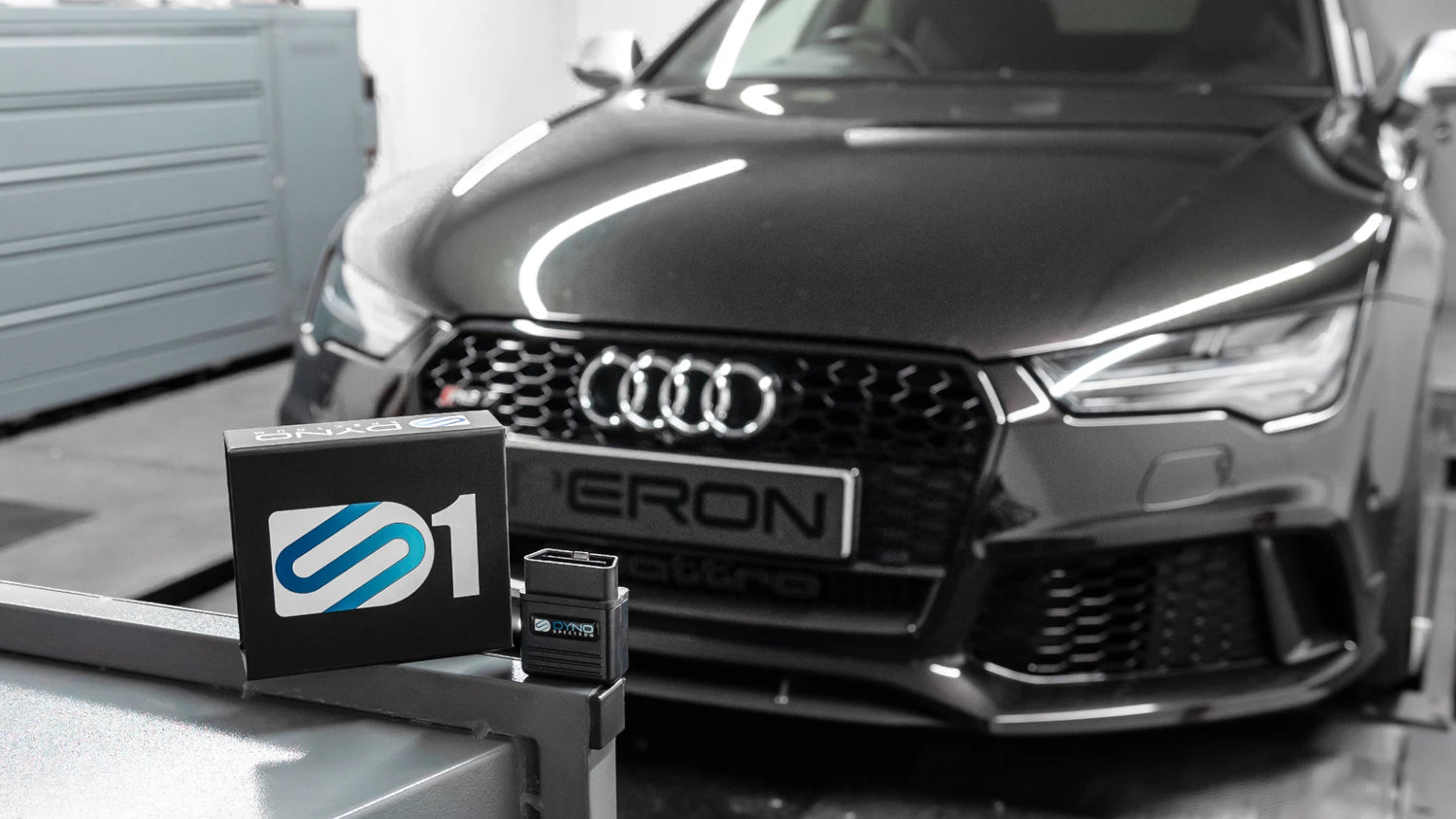
Engine Control Unit Calibration (ECU)
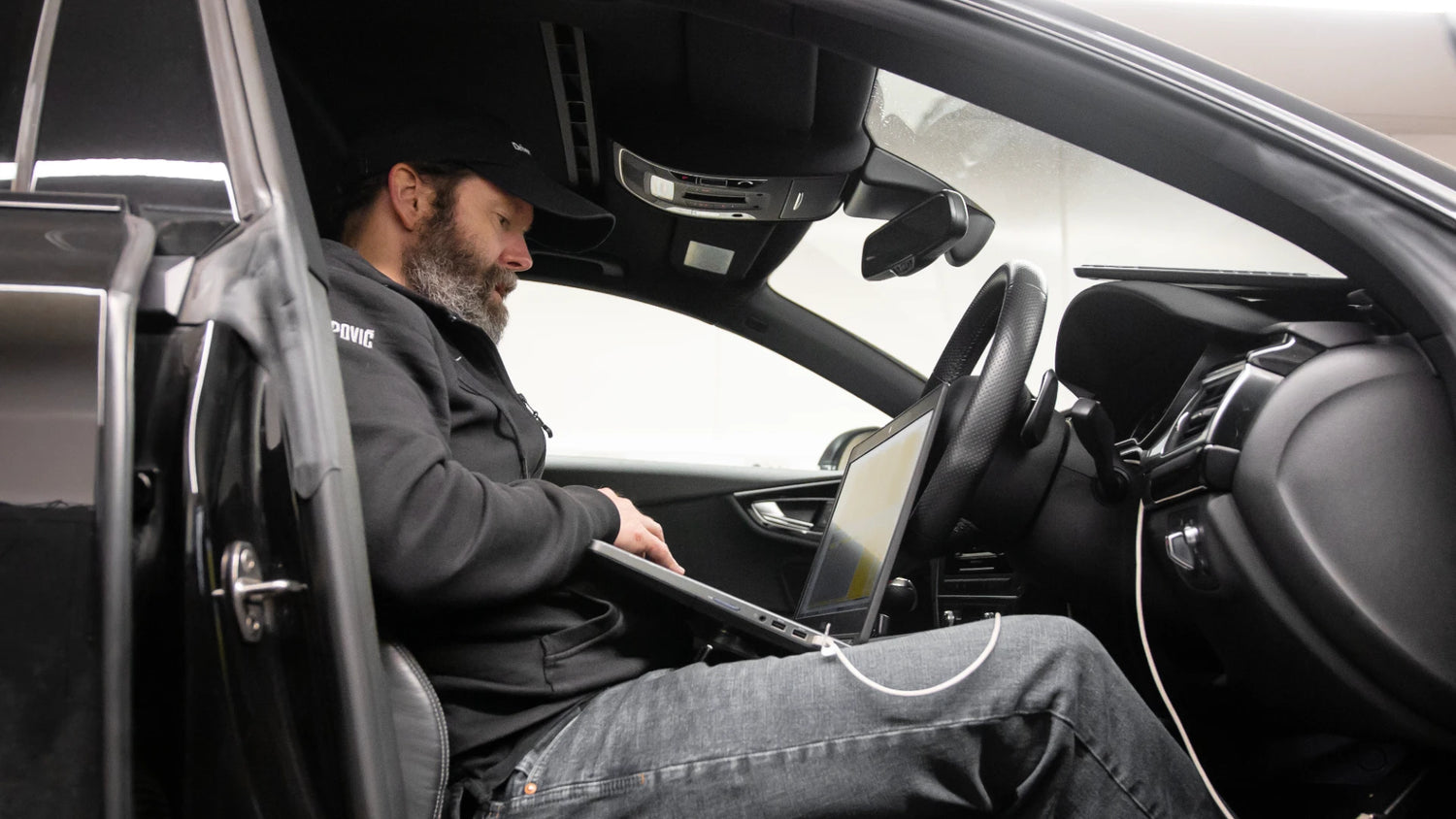
Transmission Control Unit Calibration (TCU)
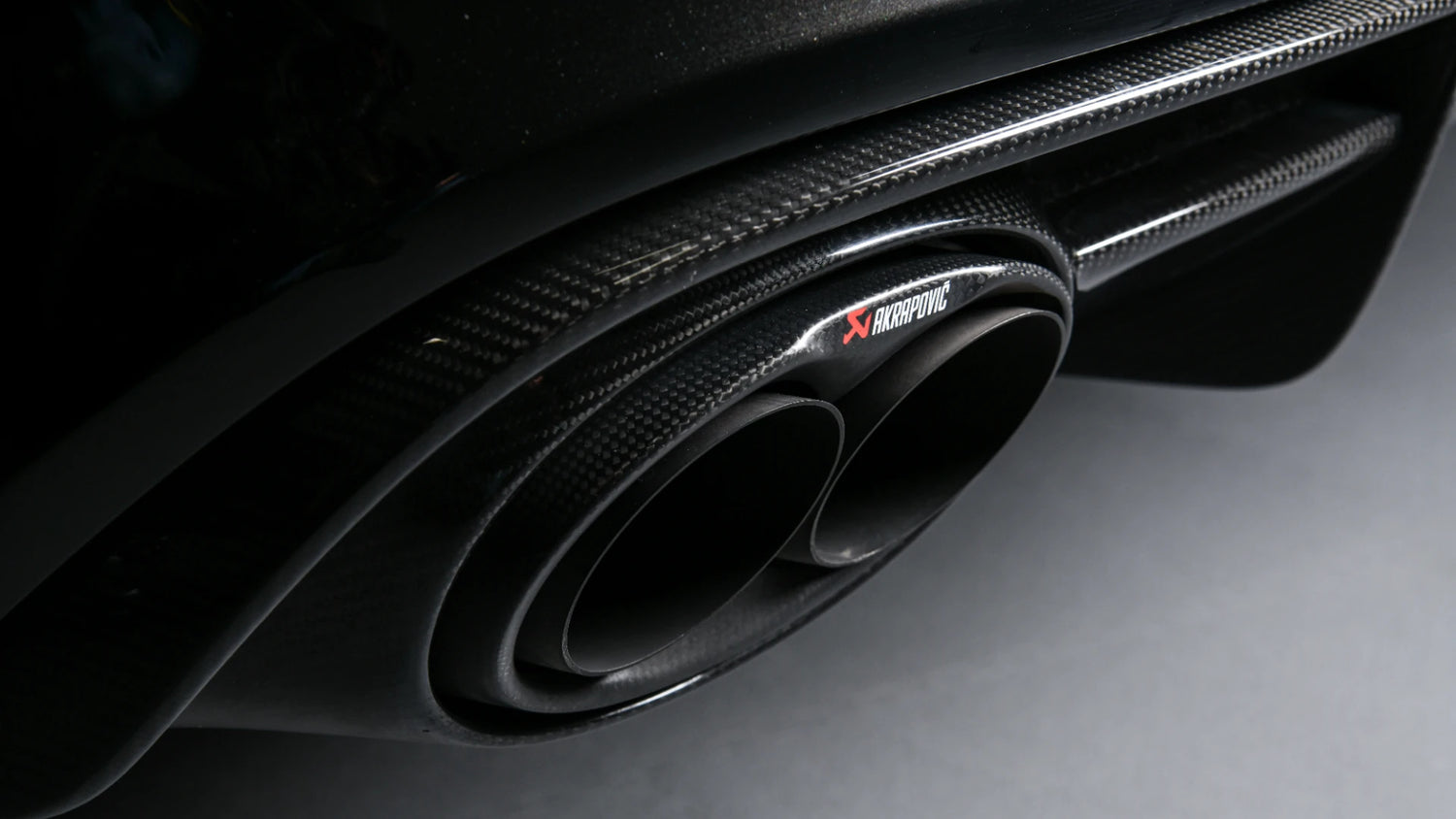
Performance Hardware
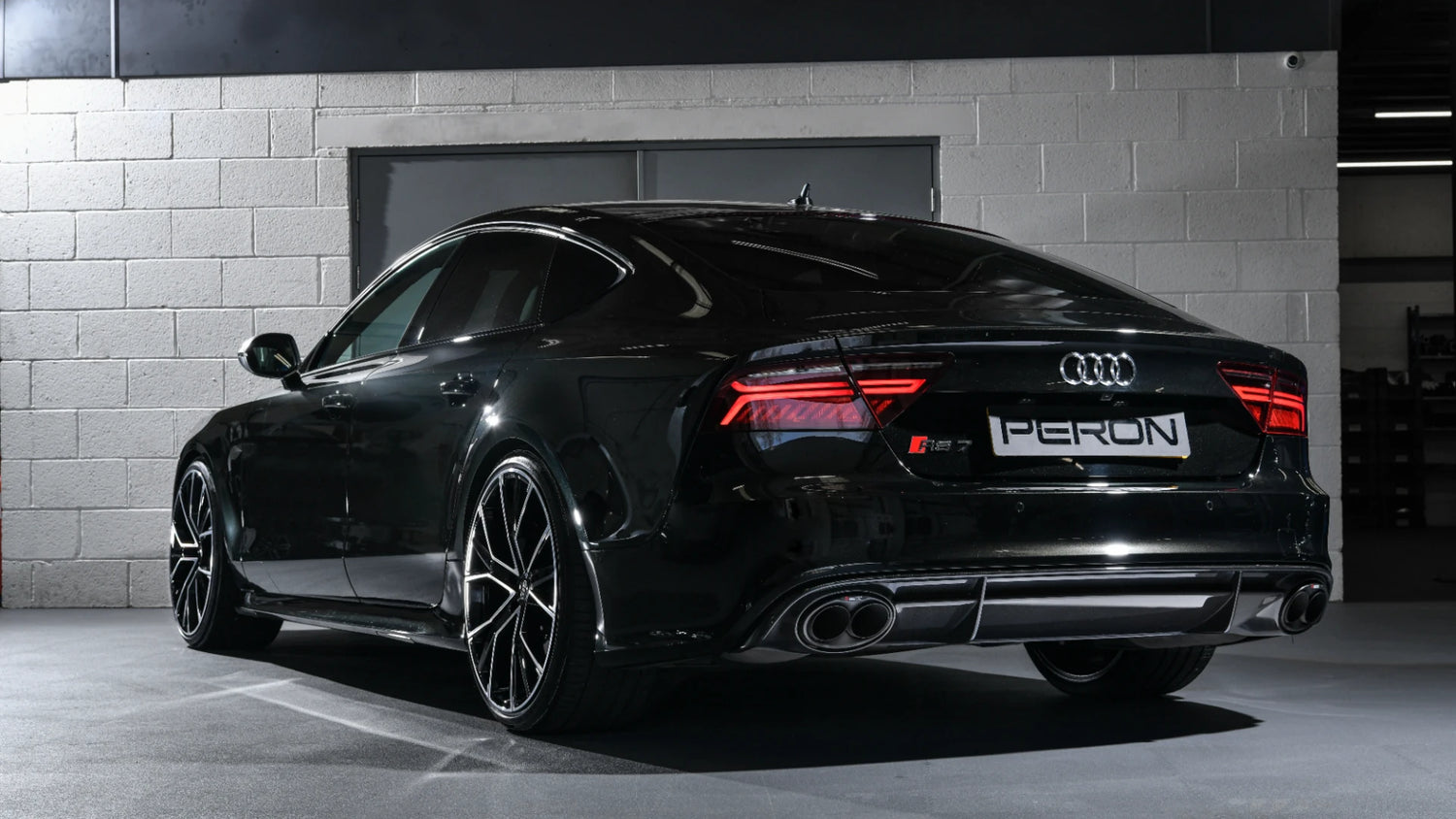
Future Upgrades
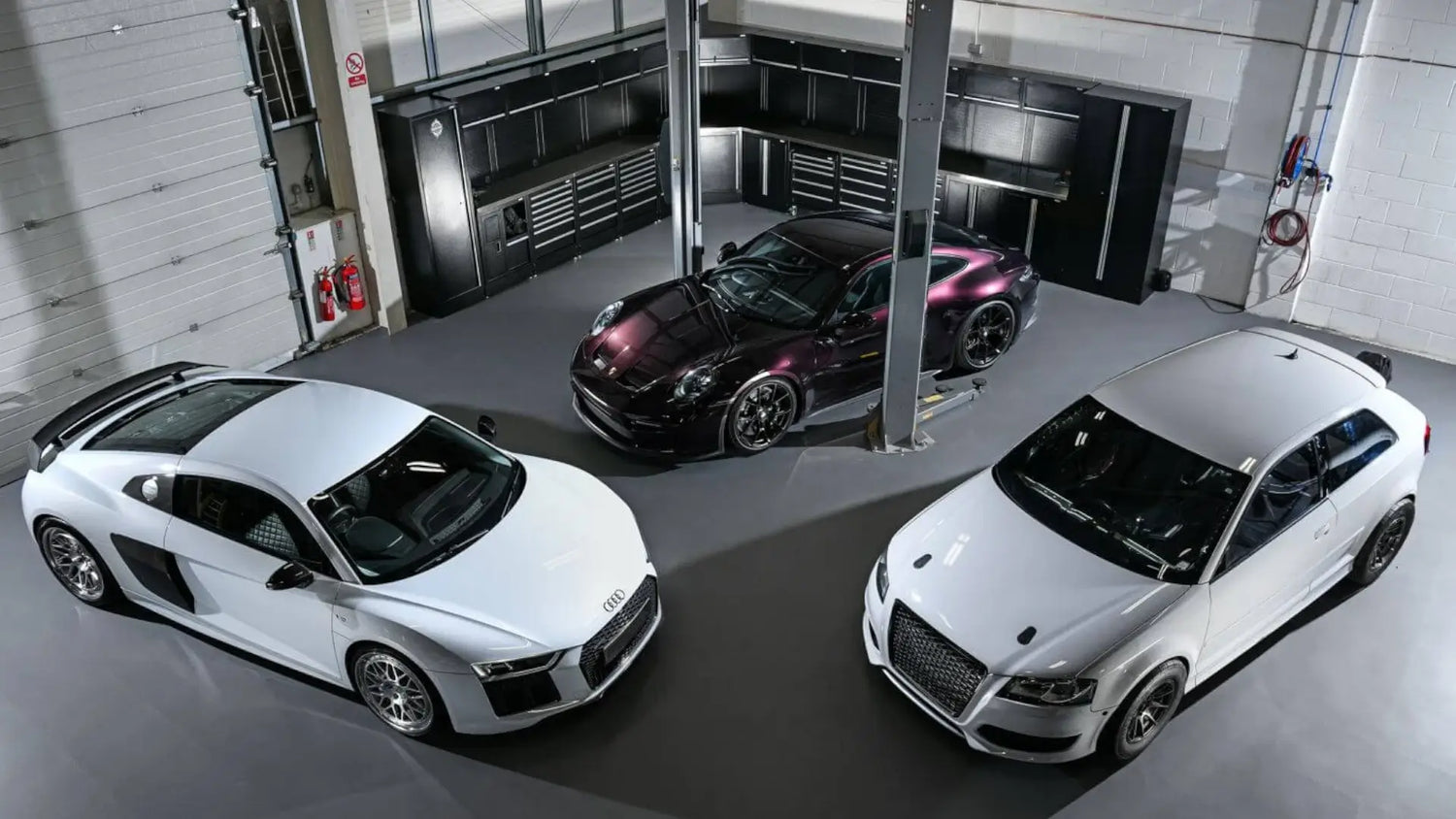
Contact PERON Performance
With years of experience across a wide range of applications, PERON Automotive is at the forefront of VAG tuning. Our approach is characterised by a narrow and deep focus on these platforms, combined with an unwavering obsession for excellence. Leveraging our advanced research and development centre, complete with an in-house dyno, we lead, validate, and support the performance aftermarket.
Partnering with the global best in ECU/TCU tuning and performance hardware, including our in-house Nortech Performance division, we deliver comprehensive tuning solutions that are proven both in our facilities and on the track. Contact PERON to discuss your upgrade path and learn more about how we can transform your vehicle.

